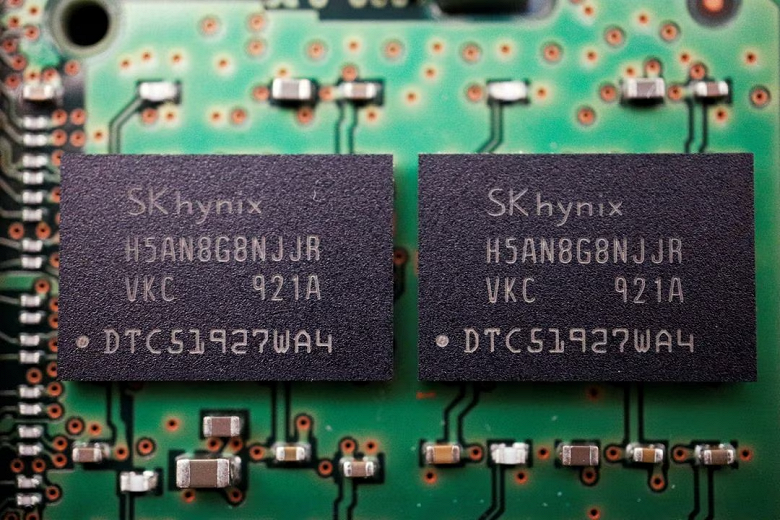They do not need to obtain permission for every supply
Samsung Electronics and SK Hynix will be allowed to supply American equipment for the production of chips to their Chinese factories without separate US permits, as reported by the South Korean presidential administration and the companies’ press services.
According to Reuters, it was previously expected that the United States would extend the exemption of South Korean chip manufacturers from requirements for obtaining licenses to import American equipment into China.
“Uncertainty regarding South Korean semiconductor companies’ operations and investments in China has been greatly reduced, allowing them to calmly seek long-term global management strategies,” said Choi Sang-mok, senior presidential secretary for economic affairs.

Samsung and SK Hynix obtained from the United States a right to supply chip production equipment to China
The US has already notified Samsung and SK Hynix of the decision, indicating that it has entered into force. The US Commerce Department has updated its list of “verified end users” which outlines which entities can receive exports of which technology. This will allow Samsung and SK Hynix to continue to supply certain American chipmaking tools to their factories in China. Once included on the list, there is no need to obtain permission for each supply.
Samsung and SK Hynix, the world’s largest memory chip makers, have invested billions of dollars in their chip manufacturing capacity in China and welcomed the move.
“Through close cooperation with relevant governments, the uncertainty surrounding the operation of our semiconductor production lines in China has been significantly eliminated,” Samsung said in a statement.
SK Hynix said: “We welcome the US government’s decision to extend the export control waiver. We believe this decision will help stabilize the global semiconductor supply chain.”
Samsung Electronics makes about 40% of its NAND flash chips at its plant in Xi’an, China, while SK Hynix makes about 40% of its DRAM chips in Wuxi and 20% of its NAND flash chips in Dalian.
As of the end of June, the companies together controlled nearly 70% of the global DRAM market and 50% of the NAND flash memory market, according to TrendForce.




